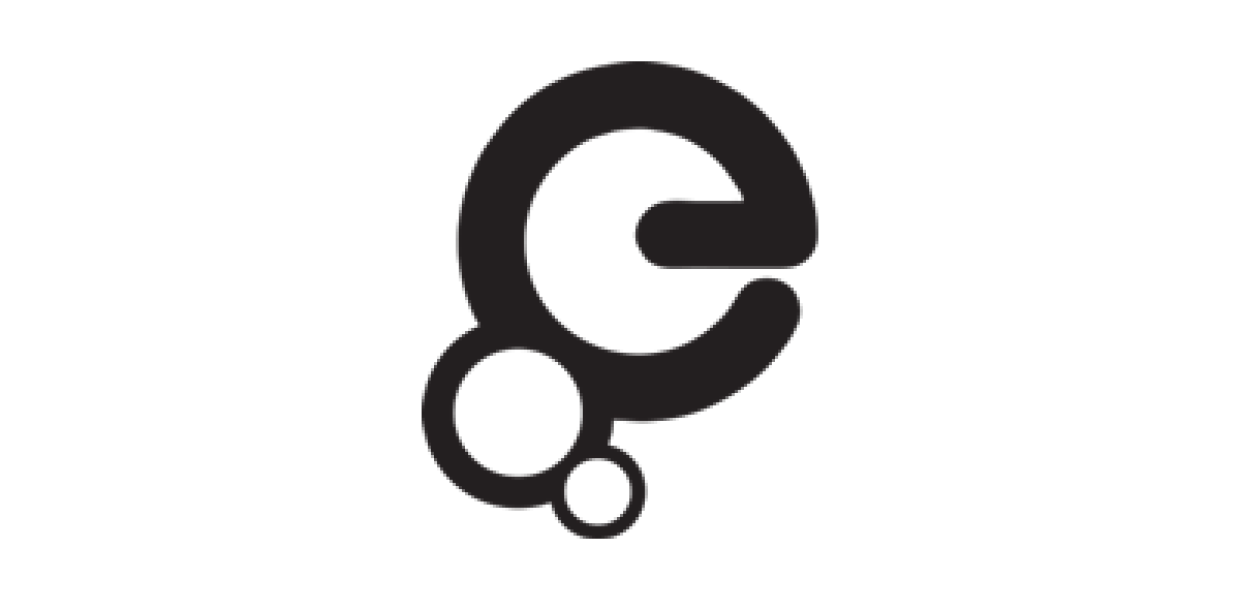Romanian WW1 memorabilia

The project, entitled Europeana 1914-1918, has so far visited nine countries and added over 4,000 stories and 56,000 photos of objects, scanned letters and diaries from WW1 to its website (www.europeana1914-1918.eu). Now, with the collaboration of the Romanian Academy Library and the 'Octavian Goga' Cluj County Library, it is looking to enrich the digital archive with material from Romania.
The Kingdom of Romania joined the Allied Forces in August 1916, and its participation in the First World War was significant. The number of war victims was very high - around 330,000 soldiers (33% of the total military force) and hundreds of thousands of civilians. The Kingdom of Romania's war effort was huge, due to the fact that the military front was on this country's territory. In addition to this, it is difficult to calculate the number of victims from Transylvania, as Transylvania was part of the Austro-Hungarian Empire at that time, and therefore involved in the war from 1914.
In Romania, people are invited to bring their keepsakes to be digitised at two Europeana 1914-1918 Family History Roadshows:
• In Bucharest, on 27-28 September, at the Romanian Academy Library (125 Calea Victoriei, Sector 1, Bucharest), between 10:00-17:30
• In Cluj, on 4-5 October, at the 'Octavian Goga' Cluj County Library (104 Calea Dorobantilor, Cluj-Napoca), between 10:00-17:30.
People can also add their material directly to the project's website - www.europeana1914-1918.eu: after a simple registration, everyone can upload digital photos of memorabilia, scanned letters and family photos, or digitised audio and video recordings. Once their story is reviewed by the editorial team, it will be made available to the world.
The project has run very successfully in Germany, England, Ireland, Luxembourg, Slovenia, Denmark, Italy, Cyprus and Belgium since 2011, attracting thousands of people who shared original memorabilia and stories that were previously unpublished, thus contributing to an archive that will provide unique new resources for research, education, exhibitions and events in remembrance of the war.
Jonathan Purday, spokesman for Europeana 1914-1918, said: 'The project's success highlights the huge interest that Europeans have in their shared history. People pass their stories down their families, and in Europeana have found the means to preserve them for future generations, and make them universally accessible. Europeana brings a new approach to cultural history, linking people's own stories to the official histories of the war that we're collecting from the national libraries and archives. We hope that Romania will be a significant contributor to this unique archive and will help us bring the First World War family history into the digital age. We look forward to hearing your stories!'
Cornel Lepădatu, Deputy Director of the Romanian Academy Library, said: 'We are happy to be part of such an interesting project which adds so much value for Europe. We would like to thank Europeana for providing us with the opportunity to collect and preserve unknown facts of the history of Romania and the memories of Romanians who witnessed the war either in the combat or at home. We hope that numerous untold and extraordinary real-life stories from Romania's involvement in the First World War will come to light and will go down in the collective memory of Europe. Everyone who owns such materials or knows an interesting family story from that period is invited to share them with the world. Our team will digitise the objects and upload the stories and images on the website. This is our way of keeping alive the memories of all these people who experienced the war and have influenced Romania's history so much.'
For further information on the project visit the website www.europeana1914-1918.eu.
Press contacts
Cristina Butunoi
Tel.: +40 727 323 891
[email protected]
Anca Andrei
Tel.: +40 727 323 892
[email protected]
About Europeana: Europeana (www.europeana.eu) is Europe's digital library, archive and museum. It collects and provides access to digitised material from libraries, archives, audiovisual collections and museums. It has more than 2,300 collaborating institutions and the website is available in 29 European languages. Europeana allows the public to discover and explore the cultural and intellectual heritage of Europe through a simple search engine and virtual exhibitions. Since its launch by the European Commission in November 2008, Europeana has grown to include nearly 30 million documents and heritage works, available free on europeana.eu.
